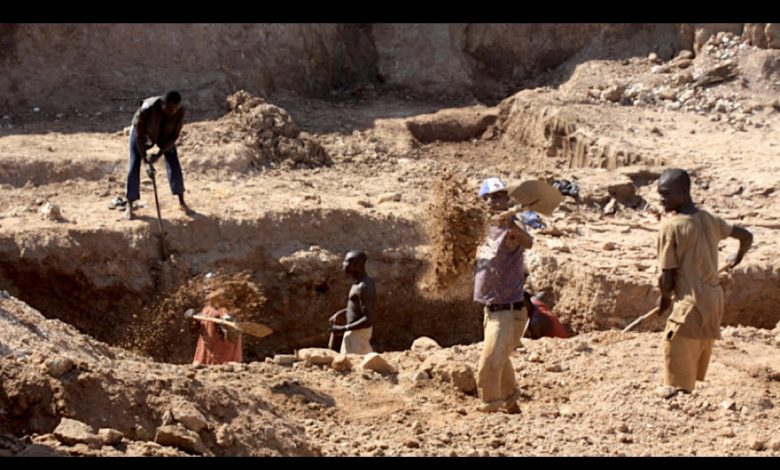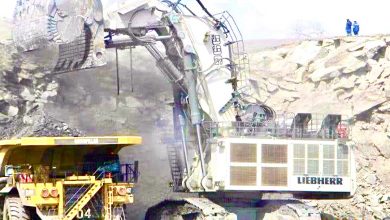Nine years to Vision 2030, will mining pull through?

Mining in Zimbabwe is big business and currently only a few individuals and large companies are benefitting from the nation’s mineral resources, there is urgent need for inclusivity in this industry if the nation is to realise vision 2030, a vision much needed by the ordinary citizen with a large portion of mining done by informal small scale miners known as Makorokoza.
The sector is riddled with challenges that, if not addressed will make it impossible for it to contribute towards Zimbabwe achieving an upper middle income economy. There is a huge knowledge gap on how to secure mining rights, how to meet statutory instruments to formalise mining activities by small scale miners and how to grow to medium and large scale mining. The lack of fomalisation leads to a large portion of minerals being traded on the black market which in turn does not help in growing the economy formally.
Other challenges include the presence of low security leading to loss of investment, equipment, lives and protective clothing. Poor security means no guarantee and this drives investors away. In addition to low security, there is also lack of trust as investors in the past could not receive an account of their investment leading to loss, however, the advent of the Zimbabwe Investment and Development Agency (ZIDA) was done to boost confidence in the mining sector among other sectors.
Corruption and disputes are all detrimental to a thriving mining sector. There is corruption when it comes to getting claims and pegging which leaves out Makorokoza who can not afford to pay the premium cost wanted by corrupt officials.
The legal framework in this sector is poor as it was established in the colonial era and has not been updated, this means there is no transparency, accountability, access to relevant and useful information as well as participation of Makorokoza, as they were not there during its enactment.
Most importantly, policies and legal framework that do not cater for women and youth in mining, which make up the majority of the population, need to be amended as their involvement without unnecessary restrictions will contribute to economic growth.
These are some of the many challenges that will make the realisation of vision 2030 fail if they are not addressed. Mining has the potential to revive and maintain economic growth that will benefit everyone form all socio-economic levels.




